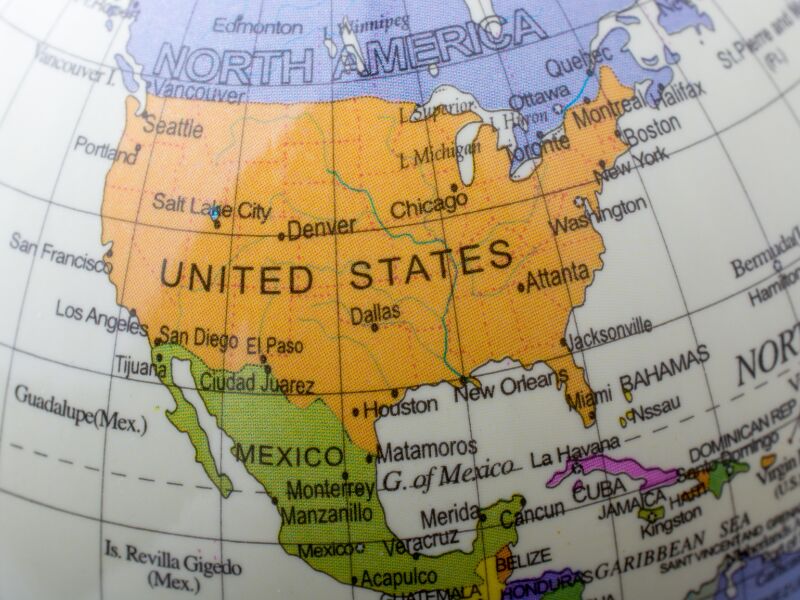Origin and de minimis Shock
In today’s tightly connected economy, goods, money, and entire companies cross borders every day. Yet this fast flow sits on top of a dense mesh of laws and regulations. New shifts in trade policy—especially changes to tariffs and customs exemptions—are creating fresh hurdles for global business. Those geopolitical moves don’t stop at ports; they ripple into back offices, legal teams, and finance teams, reshaping how documents are verified and processed. As a result, the once obscure step of proving a document’s authenticity abroad now matters to everyone.
For organizations and individuals working across borders, knowing what an apostille is, and when you need one, is no longer optional—it’s part of running a modern operation. This article explores how new executive actions, particularly the suspension of de minimis treatment, are raising compliance burdens and driving an unprecedented demand for apostilled corporate documents.
The core of this disruption is a concept known as “de minimis.” This is a customs rule that traditionally allows low-value shipments—often those valued under $800—to enter a country duty-free and with minimal customs processing. This exemption has been a cornerstone of the modern e-commerce boom, enabling small businesses and individual sellers to reach a global market with relative ease. It streamlined cross-border trade, reduced administrative red tape, and kept costs down for both sellers and consumers.
However, recent executive actions have begun to suspend these exemptions. The geopolitical motivation behind this is to level the playing field for domestic manufacturers and to address concerns over illicit goods and unfair trade practices. When this seemingly minor policy is altered, it triggers a “shock” throughout the supply chain and legal sectors. The ramifications are not just financial; they are logistical and administrative, forcing a re-evaluation of how international transactions are handled and documented.
The Rise of Formalities
Pausing de minimis means cross-border trade is getting more formal and closely checked. Without that carve-out, every parcel—no matter how small—faces regular duties, taxes, and full customs review. For small and midsize businesses that shifted to overseas fulfillment to stay competitive, the burden is real. The once-simple workflow turns into a slower, pricier routine with extra fees and waiting time. The tighter lens isn’t just on boxes moving through ports; it reaches the legal backbone of global operations. When firms must set up a formal presence abroad—whether for warehousing, sales, or banking—the bar for paperwork climbs sharply. That’s exactly when demand for apostilled documents jumps. In short, the de minimis “shock” converts casual shipments into formal transactions and drives the need for trusted, internationally accepted proof. Companies also face tighter record-keeping, more detailed customs entries, and, in many cases, certified translations to satisfy destination authorities abroad.
- Financial impact: higher duties and brokerage fees.
- Operational delays: more full customs inspections and longer delivery times.
- Increased documentation: formal entries and detailed records become standard.
- Administrative burden: time and resources spent learning and complying with new rules.
- More overseas entity setups: importer-of-record registrations and foreign market onboarding drive requests for apostilled corporate proofs for banks and marketplaces.
Plan for staying in power: de minimis suspensions may persist in the U.S., and reciprocal moves abroad are likely. Build long-term processes—not one-off workarounds—so apostille-ready packets (company formation records, banking resolutions, UBO declarations) can be produced on demand.
Corporate Documents Under Scrutiny
As businesses—especially SMEs—respond to these policies, many are establishing foreign entities or opening international bank accounts to manage costs and reduce friction. That move triggers a cascade of documentation requirements. Foreign banks, marketplaces, and government bodies want proof that a company is legitimate, and they often require not only notarization but also international authentication. This is driving requests for an apostille for company formation, banking, and compliance files. The implications are clear: a surge in demand for Apostille for corporate documents New Jersey and beyond.
- Company formation documents: certificate of incorporation, articles/memorandum of association.
- Banking resolutions: board approvals to open accounts and designate signers.
- UBO declarations: sworn identification of the ultimate beneficial owner.
- Powers of Attorney (PoAs): authorization for local representatives to act abroad.
Documents to watch: company formation documents, banking resolutions, and UBO declarations—now requested more frequently by foreign banks and marketplaces.
Hague vs. non-Hague path: if the destination is in the Hague Apostille Convention, use an apostille; if not, follow the consular/legalization route after state or federal authentication.
Navigating the Transshipment Concept
Stricter “transshipment” rules are raising the bar on proving true origin. Governments increasingly examine routing to ensure goods aren’t re-labeled or diverted to avoid tariffs. Expect requests for certificates of origin, supplier declarations, routing affidavits, and shipper statements. Where these records are notarized or issued by a chamber or public authority, an apostille (or, for non-Hague destinations, consular legalization) may be required so origin evidence is accepted abroad. This adds another layer to documentation planning—especially for e-commerce and SMEs shifting to overseas fulfillment hubs.
How do de minimis changes affect apostilles?
The suspension of de minimis exemptions turns many small shipments into “high-formality” events. A package that once cleared quickly may now trigger duties, inspections, and full paperwork. To maintain competitive prices and predictable delivery, businesses often form a foreign entity to act as the importer of record or to sell through local marketplaces. That step requires apostilled corporate documents to open bank accounts, register with authorities, and prove who is authorized to act. Many teams now maintain a de minimis policy apostille checklist to decide which records can be apostilled versus which require consular/legalization.
The Value of Professional Expertise
When rules change quickly, the apostille process can feel complex and high-stakes. A seasoned partner helps you choose the right route (Hague apostille versus consular/legalization), assemble documents, and meet each destination’s translation and filing standards. That saves time and avoids expensive rework and denials. For many organizations, New Jersey Apostille Services are becoming a core part of cross-border setups and marketplace expansion—ensuring packets are fully prepared correctly and accepted the first time.
Conclusion
The new geopolitical climate—tariffs, stricter origin concepts, and de minimis suspensions—is reshaping cross-border commerce. It pushes more transactions into formal channels and increases demand for authenticated corporate paperwork. As companies adapt with entity formation, foreign banking, and marketplace onboarding, apostilled records have become a practical necessity. Planning for durability—and building repeatable, audit-ready document workflows—helps teams stay ahead as rules continue to evolve in the U.S. and abroad.
Here at New Jersey Mobile Notary & Apostille Services, we keep your documents moving. We coordinate notarization, translations, and the right path—apostille or consular/legalization—end-to-end. Our specialists assemble clean, compliant packets for formation records, banking resolutions, UBO declarations, PoAs, and more, supported by tracked couriers and clear status updates. With precise checklist control and responsive support, we help you meet destination requirements on schedule and with confidence!
Frequently Asked Questions
1) What is the difference between notarization and an apostille?
Notarization is a domestic step that verifies the signer’s identity and signature. An apostille is an international certificate that authenticates the notary’s (or other public official’s) signature so the document is accepted in another Hague Convention country.
2) Is a Power of Attorney always required for foreign banking?
Not always, but it’s common when directors or officers can’t appear in person. Banks often ask for a notarized, apostilled PoA authorizing a local representative to open or manage the account.
3) What does it mean for a document to be “legalized”?
Legalization is used for non-Hague destinations. After notarization (if needed), you obtain state/federal authentication and then complete embassy/consulate certification. Add certified translations if the receiving authority requires them.





